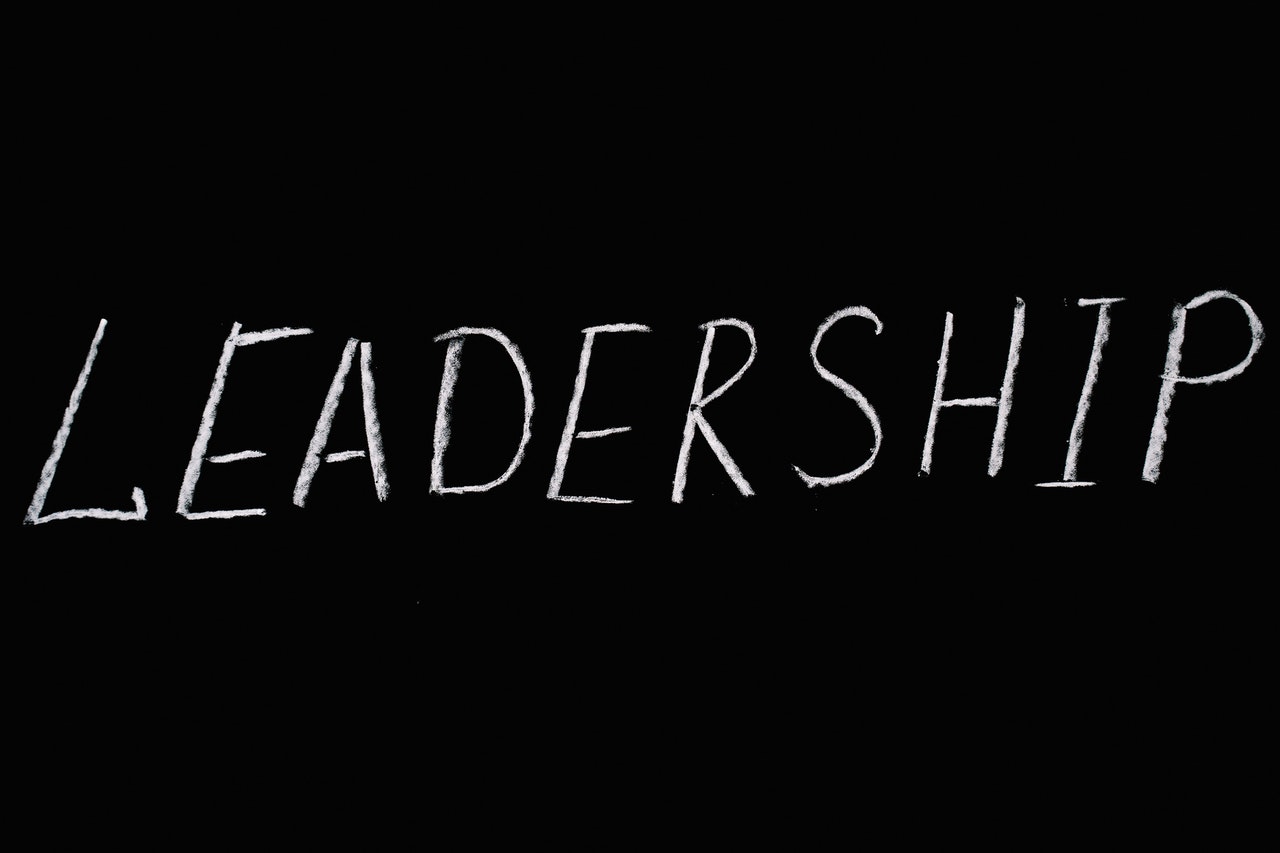This blog is intended for people that are involved with, or want to be involved with, the “mobilizing, influencing, and guiding of others toward desired outcomes” (this is our beginning definition of leadership). This blog aims to provide learning and resources on all-things-leadership through the sharing of ideas, articles, theories, research findings, and opinions. But we also want to create a context for ongoing dialogue and generative conversations about leadership ideas and leadership practices. This means that we want to share existing information about leadership but also engage with our fellow bloggers in the co-creation of possible solutions and strategies to apply to your specific leadership related issues, questions, situations. In essence, we hope to differentiate ourselves from blogs that simply provide lists of the skills, values, beliefs, and attitudes that are required for leadership success.
Having said this, this blog is for everyone and anyone, from those new to the realm of leadership, as well as individuals with advance knowledge and expertise in leadership. So our plan is to begin the blog by providing an overview of a number of fairly common and general leadership topics. The idea is to then delve into more specific topics based on the expressed interests of the bloggers involved.
Schedule
In view of this approach, we have provided a schedule of topics for the first six weeks that are fairly broad.
Week 1: Possible Topics and Categories
Week 2: Definitions of Leadership
Week 3: Leadership and Management (Differences and Similarities)
Week 4: Theories of Leadership
Week 5: Leadership Development
Week 6: Competencies
This is week one and the topic is possible categories and topics that might be addressed in future blogs.
Possible Topics — Your Preference?
Below is a list of possible leadership categories and topics. I want to invite you to answer one or both of the following questions (of course other questions or comments are also welcome):
1) Which of the topics listed below would be most helpful (and/or intriguing) to learn about and discuss?
2) What topics are missing from the list that you would find helpful (and/or intriguing) to learn about and discuss?
Category: Leadership Models/Theories/Approaches
- Transformational
- Transactional
- Servant
- Adaptive
- Charismatic
- Neo-Charismatic
- Authentic
- Situational
- Integral
- Appreciative
- Complexity
- Primal
Category: Leadership Competencies/Skills
- Overview
- Competency models
- Role in assessment, selection, and development
- Competency model development
- Critiques of competencies
Category: Leadership Development
- Approaches
- Case studies
- Best practices
- Pipeline development/Succession planning
- Leader involvement in development
- Nature and nurture
- High potential
- Action learning
- Coaching
- Feedback
- Mentoring
- Derailers
Category: Leadership Assessment
- Approaches
- Use in selection
- Use in development
- Personality
- Cognitive
- Simulations
- Multi-rater feedback
- Interviews
- Assessing potential
- Assessing readiness
- Critiques of assessment
Miscellaneous Leadership Topics and Categories
- Leaders as Coaches
- Leading Organizational Change
- CEOs
- C-Level Leadership
- Boards of Directors
- Non-Profit Leadership
- Leading Cross-Culturally
- Global Leadership
- Building and Leading High Performance Teams
- Leading in Complex Organizations
- Leading Self/Self-Awareness
- Power and influence
- Leadership Ethics
- Leadership Typologies
- Current and Emerging Research
- Leaders and Family Owned Businesses
- Non-Profit Leadership
- Cultural Influences/Differences
- Leadership and Gender
- Use of Language
- Leadership Styles
- On-boarding
- Expat Re-entry
- Leadership in Times of Crisis
- Graduate Programs in Leadership
- Physician Leaders
- Peer-coaching
- Social Responsibility
- Retention
- Role in employee engagement
- Strategic Thinking
- Systemic Thinking
- Situational Leadership
- Leading from a Distance







